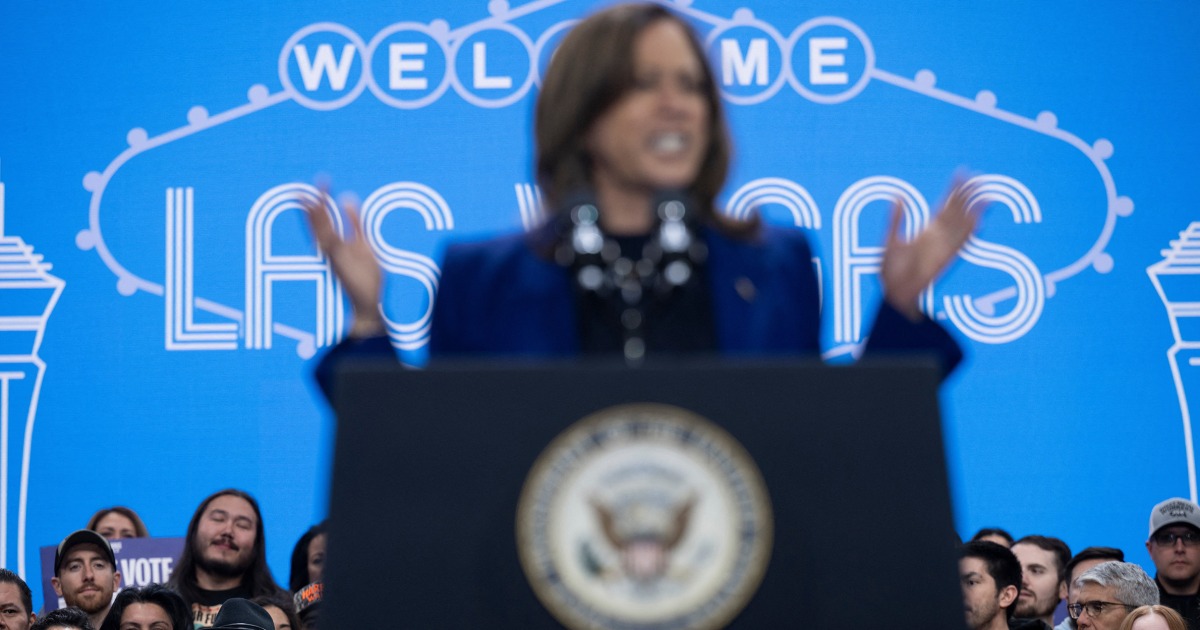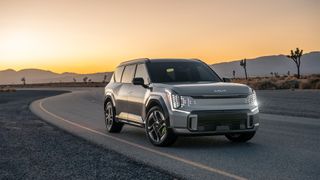
Explainer Briefly Slides A Supreme Court judgment on November 6, 2024, has ruled that holders of Light Motor Vehicle (LMV) licenses can legally drive transport vehicles with an unladen weight up to 7,500 kilograms. This decision, led by Chief Justice D.Y.
Chandrachud and a five-judge Constitution Bench, challenged insurance companies that had previously denied accident claims if drivers lacked specific authorization for such vehicles. The Supreme Court observed that no empirical evidence links LMV license holders to an increase in road accidents across the country. The decision impacted insurance companies, which had argued that Motor Accident Claim Tribunals (MACTs) and courts were ordering them to pay claims in cases involving transport vehicles operated by LMV license holders, despite the companies objections.
Insurance companies previously denied accident claims involving specific transport vehicles if the drivers lacked explicit authorization to operate them. The court has asked the Centre to expedite amendments to the Motor Vehicles (MV) Act, 1988, to resolve these ongoing disputes. The case was filed by Rambha Devi and others against M/s Bajaj Allianz General Insurance Co.
Ltd. MediaNama has reached out to Bajaj Allianz General Insurance asking comments for the following questions: We will update the article when we receive a response from them. Impact on Gig Work Previously, insurance denied claims if LMV drivers lacked specific authorisation for these vehicles.
This Supreme Court ruling helps commercial vehicle drivers, primarily gig workers, working in delivery and logistics, by allowing LMV license holders to drive vehicles up to 7,500 kg without additional endorsements. The decision reduces barriers for gig drivers who often rely on small commercial vehicles for work. The decision lowers administrative hurdles and training costs, helping to stabilise gig workers’ economy.
How do companies that depend on gig work address the safety of drivers and their vehicles? Amazon’s Flex program primarily focuses on driver safety and support rather than insurances for vehicular damage. While it includes insurance coverage for accidents and medical treatment, it does not specifically address coverage for vehicular damage or repairs related to accidents. Instead, it emphasises safety protocols, emergency assistance, anti-harassment policies, and technology like optimised maps and pet alerts to help drivers stay safe.
Additionally, it mentions vehicle maintenance discounts through the Amazon Flex Rewards program, which can help keep the vehicle in good condition but doesn’t cover damage from accidents directly. Flipkart’s Fair and Transparent work principles for delivery partners also focus more on worker safety and fair work principles rather than insurances for vehicular damage. It discusses measures for ensuring the safety and well-being of delivery partners, such as an SOS feature, insurance coverage for accidents, and a comprehensive support system.
It emphasises fair pay, transparency, empowerment, and grievance redressal mechanisms, but it does not specifically address vehicle damage or accidents related to vehicles in detail. However, it mentions vehicle maintenance and insurance related to worker well-being. The T&Cs , under Obligations of Delivery Partner, touches on vehicular safety but by requiring the Delivery Partner to maintain their personal vehicle in good condition and ensure it has valid insurance.
They must also comply with the Motor Vehicles Act, 1988 and other driving safety regulations. While it doesn’t focus directly on vehicular damage or accidents, it emphasises the Delivery Partner’s responsibility for vehicle upkeep and adherence to applicable laws. Zomato can hold the Delivery Partner accountable for any losses caused by tampering or fraud, but does not specifically address road safety incidents or accident protocols.
Moreover, “negligence in performing the duty, causing damage of moveable and immoveable assets of Zomato, its employees, users” is listed as a cause of termination. The sentence is ambiguous because it broadly defines “negligence” without specifying the actions involved or the extent of damage to movable or immovable assets. It lacks clarity on what constitutes damage and which parties are liable, leading to potential legal disputes and varying interpretations.
In a blog post dated April 2024, Swiggy states that they focus on providing insurance benefits to Swiggy’s delivery partners, including accidental coverage, hospitalisation, loss of pay, and ambulance services. However, It does not specifically address vehicular damage or safety. The focus is on accident-related coverage and benefits for the partners and their families, rather than on the condition, insurance or safety of the vehicles.
1.7 lakhs accidents not solely because of LMV drivers: SC Addressing road safety, the court emphasized that LMV drivers are not solely responsible for India’s road accidents, which lead to 1.7 lakhs fatalities annually.
“Concerns about road safety are often shaped by individual biases without the opinion being founded on any empirical data. It is easy to overlook the full spectrum of factors that contribute to road safety.”, noted SC The judgment further referenced comedian George Carlin’s joke: “Have you ever noticed that anybody driving slower than you is an idiot, and anyone going faster than you is a maniac?”, which highlights how personal biases, rather than data, often shape public views on road safety.
The bench highlighted that numerous accidents result from issues such as lack of seatbelt use, mobile phone distractions, and intoxicated driving. It stressed that driving on graded roads demands particular skills and focus. Court’s Interpretation of Licensing Requirements The court’s understanding maintained that the Motor Vehicles Act should be applied in a way that does not impose additional licensing requirements for LMV license holders when driving transport vehicles under 7,500 kg.
The interpretation clarifies that: This interpretation, the bench noted, will facilitate insurance claims for LMV license holders driving vehicles under 7,500 kg. The bench also called for modernising the licensing framework to reflect current realities like autonomous vehicles and app-based transport services. “In an era where autonomous or driverless vehicles are no longer tales of science fiction and app-based passenger platforms are a modern reality, the licensing regime cannot remain static.
” noted SC. Read More:.














